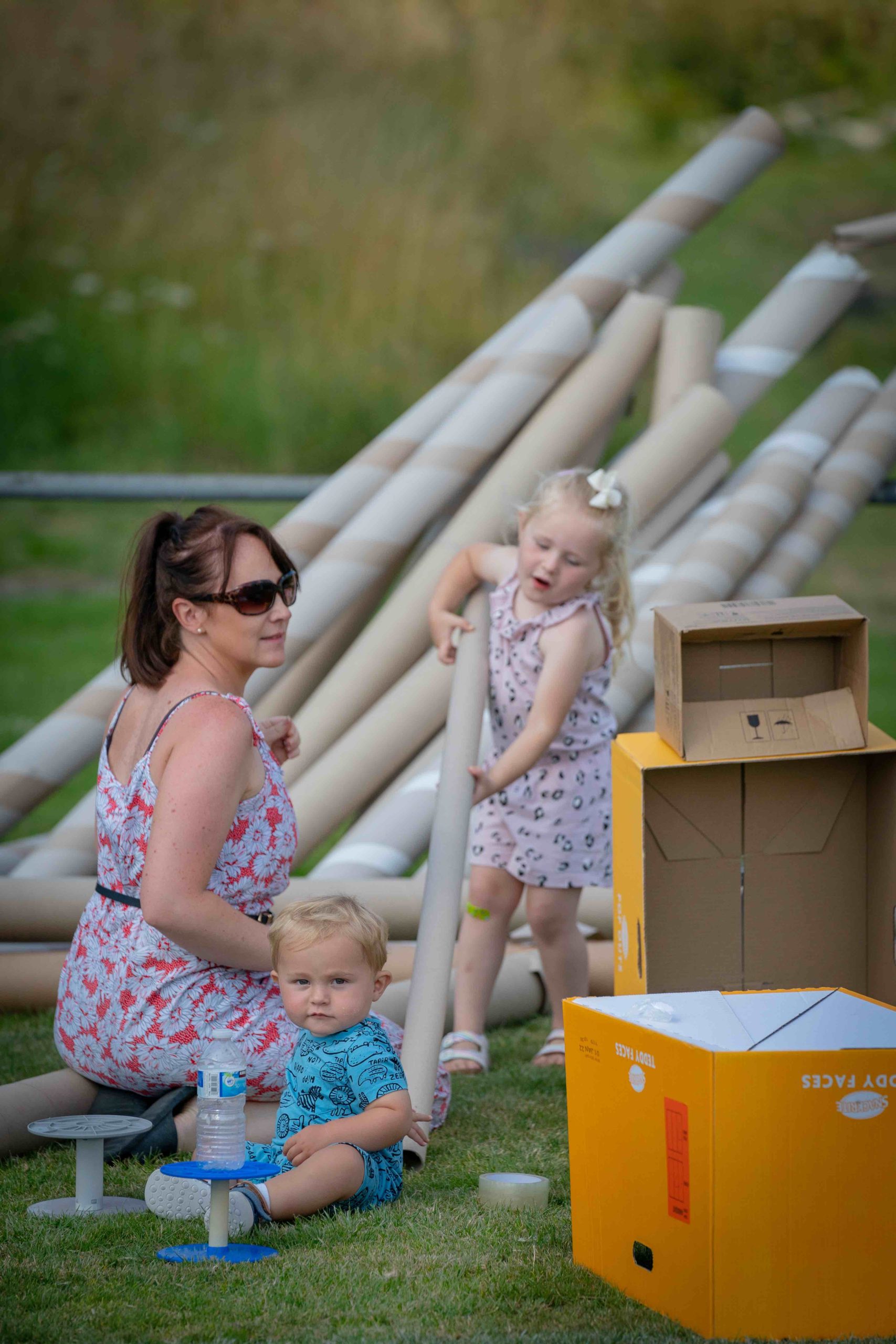All about play
Top tips for screen time
Many parents struggle to find a solution to the challenges caused by screen time. We worry about how to give our children the support to help themuse screens in a balanced way that is good for them.
As parents we have an important role to play in helping children live positively in our digital world.
The rules have not changed
The approaches we recommend for parenting offline apply online, too. Children need adults to support their play. Parents need to play with children, helping them develop the ability and confidence to play independently.
Children expect adults to set limits and help them manage their time. It is as important to know your child’s friends and where they are spending time online as offline.
Online is an ‘environment’
Children do the same things online that they have always done – the only difference is that their play is virtual. Digital technology is the same as any other environment: it can have positive and negative effects. Your child needs your support to learn about these.
Engage with children
When parents join in with digital technology, it helps children learn and get even more from their play. They benefit from the conversations you have and the time you spend together online. Playing computer games with older children or watching younger children play with electronic toys and devices helps you understand what they are doing.
Talking is good
Neuroscience research shows that very young children learn best through two-way communication. Language development comes from adults talking and playing with children. It is best not to give your baby or young toddler passive screen time, as this doesn’t help them learn your language.
Playing is important
Children get a range of exercise and significant mental health benefits when they play actively. Each day should have some time and space for play without digital technology.
Give your child a wide range of opportunities to play. Make sure your home has times and places where technology is not used – for example, mealtimes and bedtimes.
Providing choices
Children who have a range of things to do and places to play are usually better at managing their own use of digital technology and devices.
Think about how you use technology
If you limit your own screen use, and model good, moderate use of devices and time online in front of your child, they will learn from you.
Supervision helps
Get support and up-to-date information from specialist organisations, for example:
- NSPCC has useful tools to help parents keep their children safe online
- Common Sense Media reviews apps, games and programmes, saying which age groups they are suitable for.
Being online is okay for teenagers
Online relationships are an important part of teenagers’ development. Social media helps children to stay in touch with friends, make plans with them, and feel connected.
Encourage your teenager to use appropriate behaviour wherever they are, online and offline. Ask them what they are doing online – it is totally acceptable (whatever they say!) and will help you understand more about the content and the situation.
Making mistakes
Children, like adults, will make mistakes using digital technology, just as we all do in other situations. If you are supportive and handle the situation with understanding, you can help your child to learn and solve problems.
If you are concerned about things your child does online – for example, posting particular images on social media platforms or texting inappropriately – it is worth checking what they are doing offline. They may be taking risks there, too.













